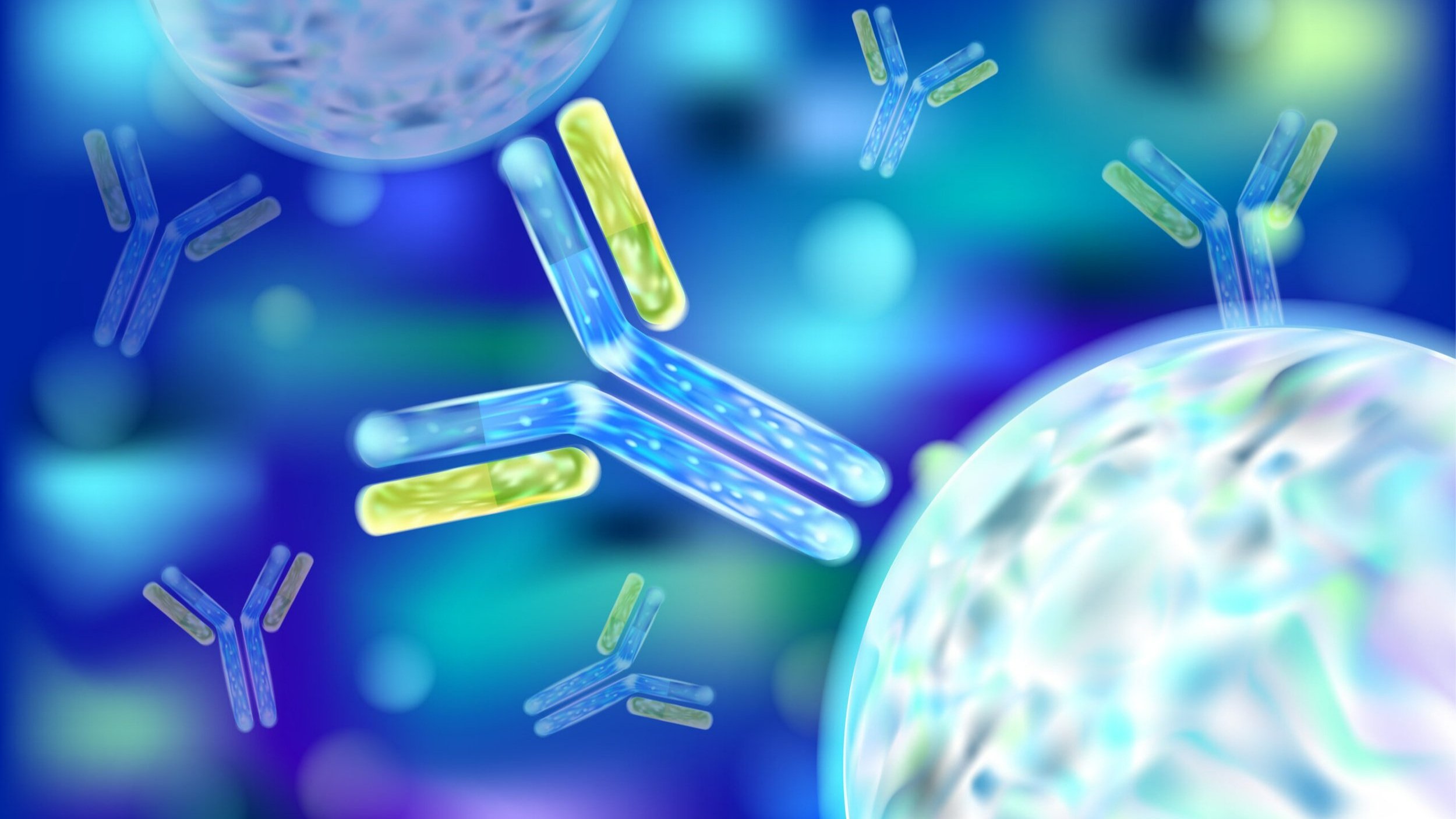One of the most common conditions in our registry, Sjogren's disease is notorious for its lengthy diagnosis, with estimated averages of 3-5 years. Diagnosis can be difficult because symptoms vary among individuals and can resemble those of other diseases, such as multiple sclerosis. Although there are multiple diagnostic methods, the most common ones include blood tests to check for the presence of Sjogren's antibodies.
However, for patients who are seronegative (Sjogren's patients who do not have the traditional SSA/SSB antibodies), diagnosis can be especially difficult and sometimes involves an invasive lip biopsy. A recent study published by the Oklahoma Medical Research Foundation has identified a new set of biomarkers for patients who do not have the classic Sjogren's antibodies. This can revolutionize the diagnostic journeys of Sjogren's patients, especially those who are seronegative and have traditionally struggled more with obtaining a diagnosis.
We recently updated our profile of Sjogren's to reflect the systemic nature of the disease. Based on data from the All of Us* program, we also found a few common comorbidities/symptoms that reflect the systemic nature of the disease:
Essential hypertension: 60%
GERD (without esophagitis): 56%
Chest pain: 55%
Chronic pain: 55%
Hyperlipidemia: 54%
Cough: 53%
Dyspnea (difficulty breathing): 51%
Abdominal pain: 50%
Low back pain: 50%
Headache: 47%
Pain in limb: 44%
Osteoarthritis: 44%
Neck pain: 42%
Backache: 42%
Dizziness and giddiness: 41%
Malaise: 41%
To support our work, please join our registry or share it with a friend who has an autoimmune condition. Donations are also greatly appreciated!
* The All of Us Research Program is supported by the National Institutes of Health, Office of the Director: Regional Medical Centers: 1 OT2 OD026549; 1 OT2 OD026554; 1 OT2 OD026557; 1 OT2 OD026556; 1 OT2 OD026550; 1 OT2 OD 026552; 1 OT2 OD026553; 1 OT2 OD026548; 1 OT2 OD026551; 1 OT2 OD026555; IAA #: AOD 16037; Federally Qualified Health Centers: HHSN 263201600085U; Data and Research Center: 5 U2C OD023196; Biobank: 1 U24 OD023121; The Participant Center: U24 OD023176; Participant Technology Systems Center: 1 U24 OD023163; Communications and Engagement: 3 OT2 OD023205; 3 OT2 OD023206; and Community Partners: 1 OT2 OD025277; 3 OT2 OD025315; 1 OT2 OD025337; 1 OT2 OD025276. In addition, the All of Us Research Program would not be possible without the partnership of its participants.













